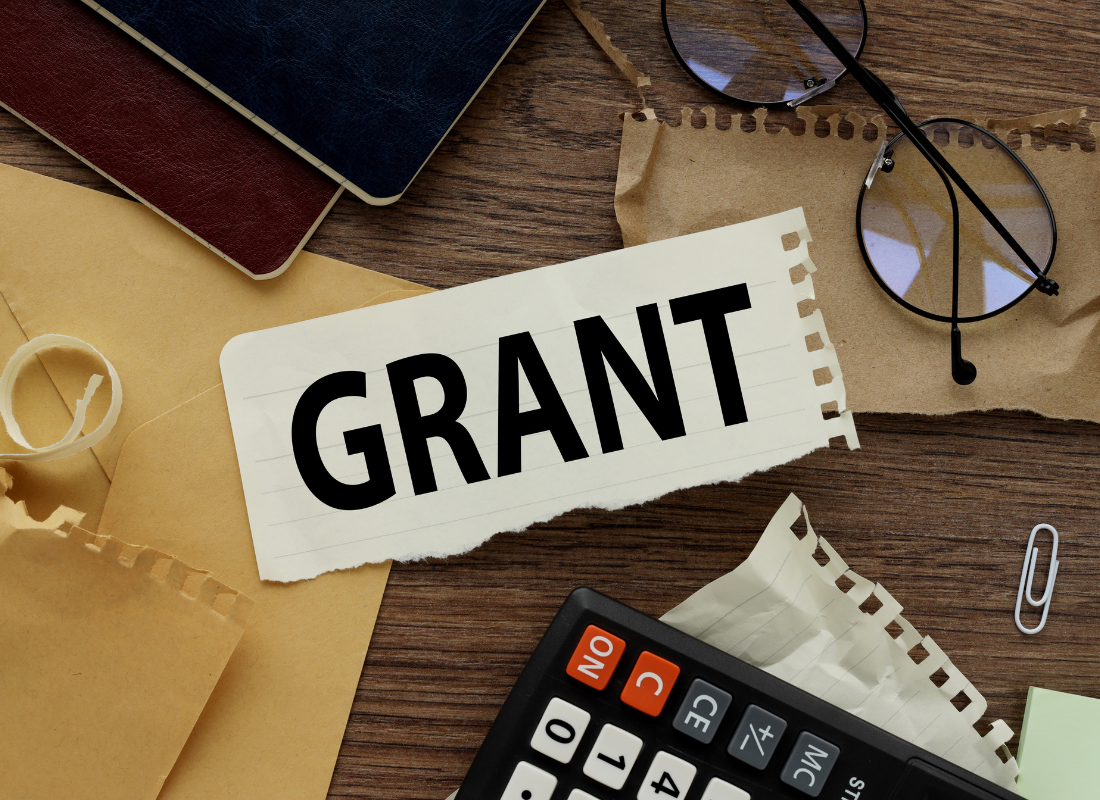What to Expect from James Moore’s Nonprofit Audit Readiness Service
Originally published on July 23, 2025
For nonprofit organizations, audit season can bring significant stress. Tight deadlines, complex documentation requirements and limited staff capacity can create pressure for even the most well-organized finance departments. The process of preparing for an audit often overlaps with critical year-end activities, placing additional strain on fiscal teams already working at full capacity.
James Moore’s nonprofit audit readiness service is designed to ease this burden. Through tailored support, this service provides the tools and expertise needed to meet auditor expectations, improve documentation accuracy and reduce delays. Whether used alongside outsourced accounting services or as a standalone offering, audit readiness ensures nonprofits are prepared and confident heading into the audit process.
Understanding the audit context and common pain points
Audit preparation for nonprofit organizations presents unique challenges. According to the National Council of Nonprofits’ 2023 Workforce Survey, over 50% of nonprofits reported severe stress related to staffing shortages, and more than 20% struggled with the challenges that come with government grant. These pain points are common across the sector and directly affect the quality of audit documentation.
When audits are delayed or findings are issued due to missing documentation or errors, it can impact funding opportunities, donor confidence, and organizational reputation. Peer reviews from professional auditing organizations frequently cite incomplete documentation, such as unreconciled accounts and inaccurate grant reporting, as leading causes of audit deficiencies.
James Moore’s audit readiness service addresses these challenges directly. By supporting general ledger reviews, reconciling accounts, and preparing supporting documentation, the service reduces the likelihood of delays or audit findings. For nonprofit leaders, this means fewer surprises and a smoother, more timely audit process overall.
Phase 1: Initial consultation tailored to the purpose of the audit
Every nonprofit audit begins with a purpose, whether it is to satisfy a private foundation, comply with a bank covenant or fulfill federal or state grant requirements. Understanding who will use the audit and why they need it is the starting point for a successful preparation strategy.
James Moore begins with a focused consultation to define the scope of the audit. This includes identifying key stakeholders, determining the financial reporting requirements, and reviewing past audit findings or compliance concerns. This step sets the foundation for the tailored approach used throughout the engagement.
For example, an audit required by a federal grant may call for single audit compliance, including the preparation of a Schedule of Expenditures of Federal Awards (SEFA) and a detailed review of federal cost principles. A nonprofit preparing for a bank-required audit, on the other hand, may prioritize liquidity ratios and covenant compliance. By clarifying these expectations early, the engagement stays focused and efficient.
This initial phase may also uncover gaps or opportunities for improvement in current accounting practices. For organizations already using outsourced accounting services, this phase integrates seamlessly. For others, it can stand alone as a one-time consultation designed to set the path toward audit readiness.
Phase 2: Documentation, Schedule Preparation and Grant Compliance Review
Once the purpose and scope of the audit are established, the next phase focuses on preparing the documentation auditors will review and ensuring compliance with grant requirements. This includes developing detailed account schedules, supporting narratives and tying out financial data to the general ledger, subsidiary ledgers and source documents. Common services include a full ledger review and cleanup, bank reconciliation verification, grant revenue tie-out and SEFA preparation. This ensures account balances are accurate, transactions are properly classified and required disclosures are well-supported.
In parallel, James Moore conducts a thorough review of grant agreements to confirm that revenue recognition aligns with contract terms, allowable costs, matching principles and grant periods. This helps prevent common audit issues related to misapplied funding. Cost allocation plans are reviewed or developed to ensure shared expenses such as rent or administrative salaries are distributed logically across programs.
A key deliverable in this phase is the statement of functional expenses. This schedule plays a central role in nonprofit financial reporting, particularly for Form 990 and public transparency. James Moore assists in preparing or refining the statement to reflect a supportable distribution of program, management, and fundraising costs consistent with the organization’s cost allocation plan.
By addressing both financial documentation and grant compliance simultaneously, this phase reduces the risk of audit adjustments and provides confidence that financial records are audit-ready and aligned with GAAP and funder expectations.
Phase 3: Financial Statement presentation, SEFA preparation and note disclosures
By preparing a clean and appropriately organized set of financial statements, auditors are more easily able to identify key and material financial areas to focus their audit procedures and questions. This results in less back and forth and a smoother audit process for all.
James Moore is well versed in the preparation of financial statements and is always aware of new and updated presentation standards to ensure your compliance with GAAP. This includes your statement of net position, statement of activities, statement of cash flows, statement of functional expenses, the notes to the financial statements, and the SEFA(if applicable).
For organizations receiving federal funding, SEFA preparation is another critical component. This schedule must include the proper identification of each federal award, including the Assistance Listing Number(ALN), pass-through entity information and total expenditures. Errors in SEFA reporting can trigger findings in a single audit and may result in funding delays or increased scrutiny.
Finally, assistance is provided with the preparation of note disclosures. These notes provide the context auditors and stakeholders need to understand financial statement line items, accounting policies and contingent liabilities. Nonprofits often struggle to maintain current and accurate disclosures, particularly when accounting standards or grant requirements change.
By supporting the presentation of the financial statements, SEFA preparation and note disclosures, James Moore helps nonprofits meet compliance requirements and reduce the risk of late or inaccurate submissions. This step also enables auditors to focus on analysis and testing rather than resolving documentation gaps.
Be Prepared: How Nonprofits Benefit from Professional Audit Readiness Support
Audit season doesn’t have to bring disruption to your organization’s mission. When audit readiness becomes a year-round practice, organizations save time, protect funding, and create greater trust with stakeholders.
James Moore’s nonprofit audit readiness service addresses common pain points faced by finance teams and provides a structured process tailored to the needs of grant-funded organizations, federally supported programs and foundation-funded initiatives.
Services include general ledger cleanup, bank reconciliations, SEFA preparation, grant contract review, cost allocation consulting, functional expense statement support, balance sheet tie-outs, and assistance with note disclosures. Organizations can also choose the level of communication with their auditors, whether that involves serving as the main point of contact or working behind the scenes to deliver reconciled schedules.
To learn how James Moore can assist your nonprofit with audit preparation or financial reporting, contact a James Moore professional. For more information on how our firm supports nonprofit clients through accounting, compliance, and strategy, visit James Moore.
All content provided in this article is for informational purposes only. Matters discussed in this article are subject to change. For up-to-date information on this subject please contact a James Moore professional. James Moore will not be held responsible for any claim, loss, damage or inconvenience caused as a result of any information within these pages or any information accessed through this site.
Other Posts You Might Like




